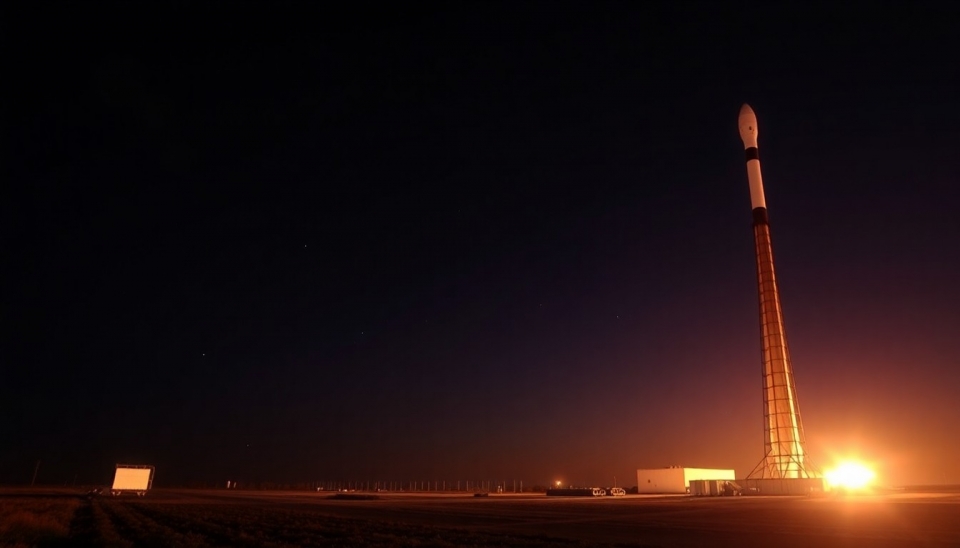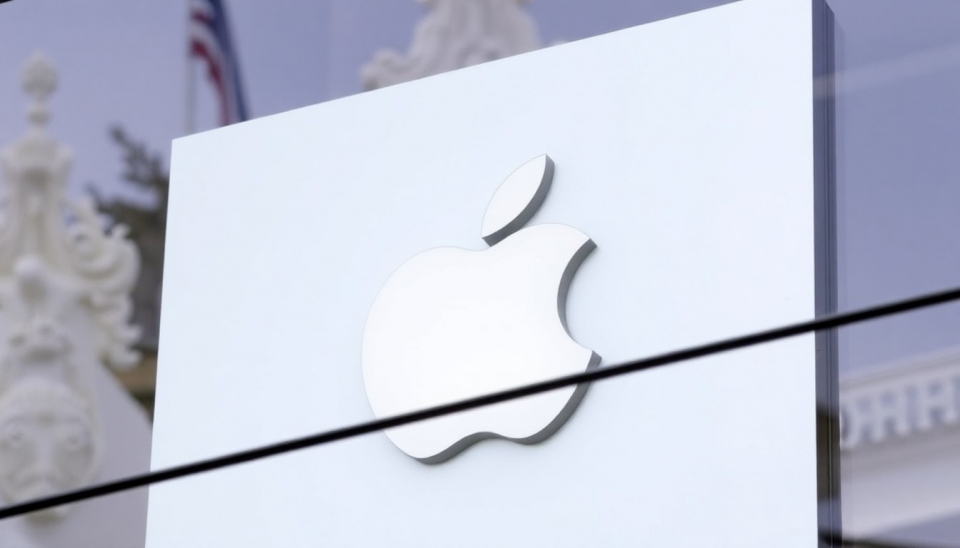
Germany's burgeoning space industry faced a significant blow recently as a key rocket launch encountered substantial setbacks. With Europe keenly searching for reliable alternatives to SpaceX's dominance in the satellite launch market, this development comes at a crucial moment for the continent's aspirations in space exploration.
The rocket, crafted by the German startup Isar Aerospace, was scheduled for a pivotal test launch; however, technical difficulties have delayed this mission. The setback raises concerns not only for Isar but also for Europe's wider efforts to assert its independence in the satellite launch sector, which has seen increasing reliance on SpaceX and its reusable Falcon 9 rockets.
Isar Aerospace, a company that emerged from a wave of new startups aiming to innovate the space sector, announced that the issues preventing the launch involved unforeseen complications with its rocket's propulsion system. This news is particularly disheartening as Isar aimed to secure a firm foothold in the commercial launch market, especially with competitors like SpaceX rapidly establishing themselves.
The implications of this delay are far-reaching. With governmental and private sector plans heavily dependent on timely satellite launches for navigation, communication, and Earth observation, each setback translates into possible economic losses and delays in technological advancements. European leaders have emphasized the necessity of achieving autonomy in space operations to avoid reliance on external players, particularly the US-based SpaceX, which has increasingly captured significant portions of the worldwide launch market.
Moreover, the European Space Agency (ESA) and various national space agencies have been actively engaged in exploring alternatives to bolster Europe's positioning in the sector. This includes ramping up investment into home-grown launch systems and encouraging collaboration among member states to boost capabilities. The delay in Isar Aerospace's rocket launch raises urgent questions about how quickly these alternative initiatives can be developed and implemented, and whether Europe can catch up in a field where agility and innovation are paramount.
As space exploration continues to evolve rapidly, the eyes of industry observers and governmental agencies are now on the forthcoming responses from Isar Aerospace and other European space initiatives. Will Isar be able to rectify their technical issues and resume their ambitious launch schedule? Or will this setback lead to a broader reassessment of Europe’s strategy in the space sector?
The intersection of technology, economics, and geopolitics makes this situation particularly compelling. With new players emerging and an aging infrastructure in many established space agencies, the pressure mount for leaders to quickly find solutions that will not only propel their industries forward but also secure a competitive edge in the global arena.
As we await further developments, the path forward for Europe's space ambitions remains uncertain. However, the determination among various stakeholders to foster innovation and resilience suggests that the continent may still carve out a unique identity in the crowded space landscape.
In conclusion, while the current setback is undoubtedly a hurdle for Germany's ascendant space sector, it also serves as a rallying point for the broader European strategy to cement its independence and enhance its capabilities in space exploration. The next phases of Europe's response will be crucial in determining its future trajectory.
#Germany #SpaceAmbitions #IsarAerospace #SpaceX #EuropeanSpaceAgency #SatelliteLaunch #Innovation #SpaceExploration
Author: Liam Carter




